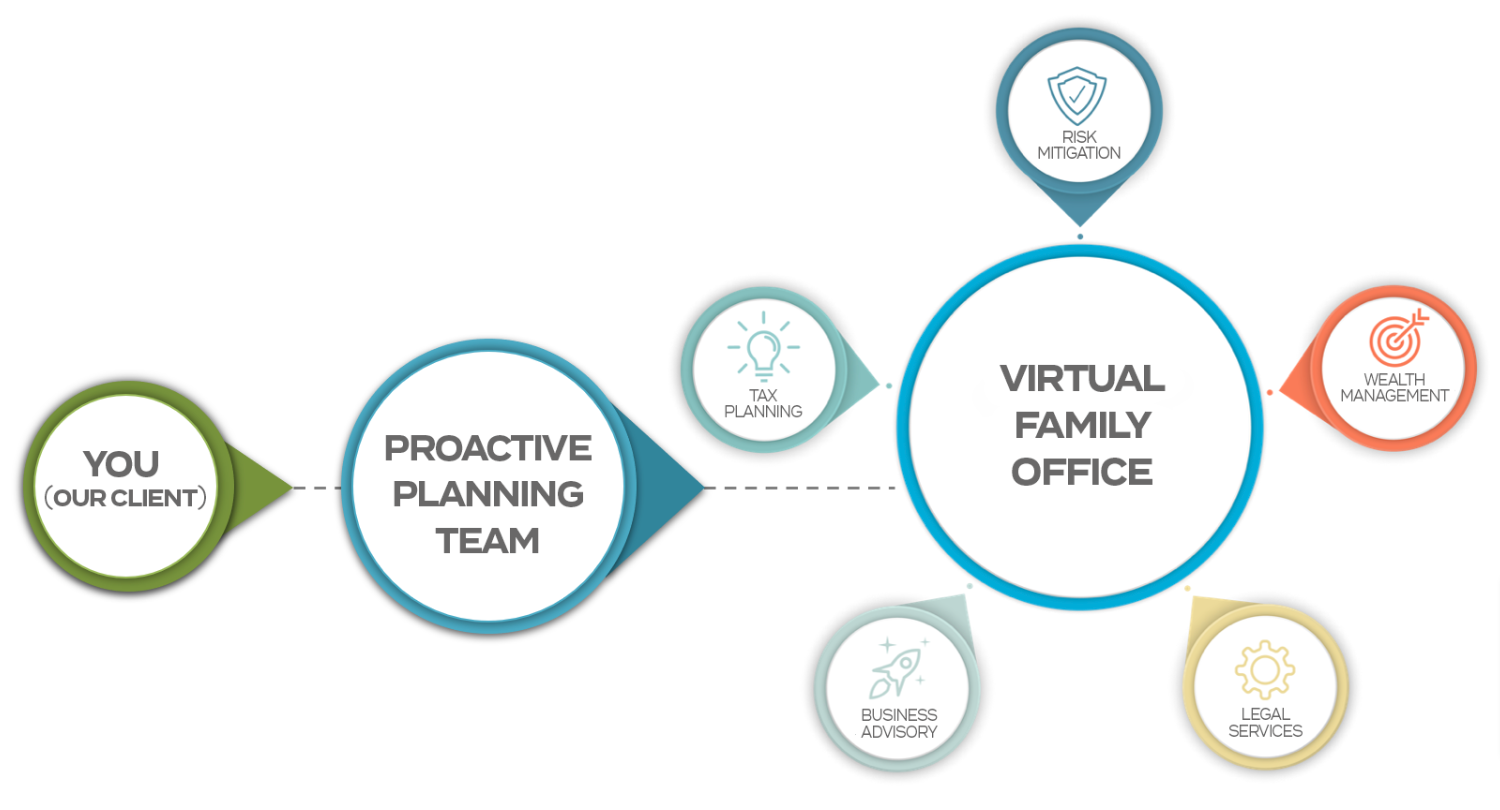Dale Hammernik on Service Culture and the Deadly “Oversell”
I believe that one of the underreported stories in the business world over the last decade or so has been the creation of a thriving culture of service in the private marketplace.
This is an extremely good thing — it means a more pleasant marketplace, and it can actually be a competitive advantage for certain businesses (Zappos is one famous example, and there are others like it popping up everywhere).
But do you think, like I do, that it can be taken too far?
Now, please realize that what I’m talking about is actually not the “after-the-sale” aspect of serving your clients. I’d like to think it’s obvious that I believe it’s extremely important to make sure you can overperform on expectations and provide awesome service.
No, what has become problematic for many small business owners and sales professionals is that this service culture is leading them to create horrible positioning BEFORE a sale is actually made.
And that’s what I’d like to help you think about today, if you’ll let me.
Dale Hammernik on Service Culture and the Deadly “Oversell”
Vision is the art of seeing things invisible to others. – Jonathan Swift
Some say that you must ‘prove to your client that you’re willing to work harder, drive more miles, and bend over further than everyone else to earn his business.’
And, at first glance it seems like foolishness to say that anything less than fantastic customer service is going to cut it in today’s marketplace.
But here’s the problem: Most businesses try to communicate this way too soon, in the process of being way too eager to win the client’s business.
So you end up chasing the prospect, saying ‘Call me any time, day or night, text me, in fact here’s my home phone number. Shoot, I’ll jump out of bed and come and see you in the middle of the night, because man, lemme tell ya, I’m eager to win your business!’
Of course, prospects know that after the contract has been agreed upon, they still likely end up dealing with a bunch of apathetic drones in client service, and their work will STILL probably be late anyway — regardless of how eager the presentation.
That’s why your enthusiasm doesn’t help you.
So here are some tips to fix this problem:
1) Stop acting so eager.
Your client service people ARE busy, and they don’t have time to hold the hands of problem customers. Don’t be afraid to tell your prospects that they have to *qualify* to do business with you.
It’s counter-intuitive, but especially in certain kinds of industries, when the client finds out that you’re not drooling all over yourself to get his business, he’s going to respect you more.
2) *Guarantee* results to the client – with teeth.
Guarantee on-time delivery, specific levels of performance, with negative consequences for YOUR business if it doesn’t deliver the level of accuracy or quality you promised. But you do not have to promise people the moon! You just have to keep the promises you DO make.
This requires support from YOU, the business owner and on down. And most businesses don’t like to guarantee anything. (But when push comes to shove, you still have to deliver results anyway, right? Giving a guarantee often just means clearly stating what’s already true.)
If you aren’t willing to guarantee anything, then may I ask: “Why not?” Why should your clients take all the risk, after they’ve heard a bunch of empty promises which aren’t backed by an actual guarantee?
Even a modest guarantee can enormously empower your sales message. Define what you can and can’t deliver, go to the mat to keep your promises, and draw the line right there. Clients will be far more responsive and you won’t appear desperate.
People are cynical, and they’ll only believe what you can prove. Put something on the line … and they’ll trust you MORE.
Feel very free to share this article with a Waukesha County business associate or client you know who could benefit from our assistance — or simply send them our way? While these particular articles usually relate to business strategy, as you know, we specialize in tax preparation and planning for Waukesha County families and business owners. And we always make room for referrals from trusted sources like you.
Warmly (and until next week),
Dale Hammernik
(414) 545-1890
Hammernik & Associates
The post Dale Hammernik on Service Culture and the Deadly “Oversell” appeared first on Talking Tax to Milwaukee.
See More Blog Posts







